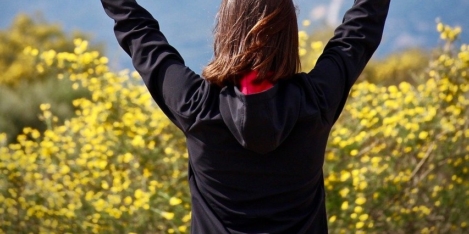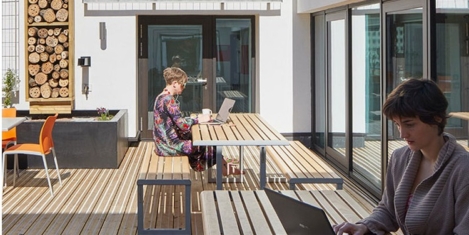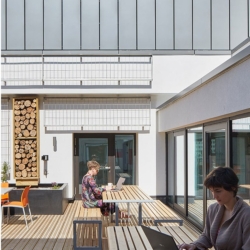To provide the best experiences, we use technologies like cookies to store and/or access device information. Consenting to these technologies will allow us to process data such as browsing behaviour or unique IDs on this site. Not consenting or withdrawing consent, may adversely affect certain features and functions.
The technical storage or access is strictly necessary for the legitimate purpose of enabling the use of a specific service explicitly requested by the subscriber or user, or for the sole purpose of carrying out the transmission of a communication over an electronic communications network.
The technical storage or access is necessary for the legitimate purpose of storing preferences that are not requested by the subscriber or user.
The technical storage or access that is used exclusively for statistical purposes.
The technical storage or access that is used exclusively for anonymous statistical purposes. Without a subpoena, voluntary compliance on the part of your Internet Service Provider, or additional records from a third party, information stored or retrieved for this purpose alone cannot usually be used to identify you.
The technical storage or access is required to create user profiles to send advertising, or to track the user on a website or across several websites for similar marketing purposes.
 More than 11 million UK working adults have taken time off work for poor mental wellbeing, costing businesses an estimated 40 million working days each year, claims new research from healthcare provider, Benenden Health. As many as a third (35 percent) of UK employees took time off work due to poor mental health in 2019, with workers absent for between two and five days on average, costing UK businesses an estimated 4o million individual days of work. (more…)
More than 11 million UK working adults have taken time off work for poor mental wellbeing, costing businesses an estimated 40 million working days each year, claims new research from healthcare provider, Benenden Health. As many as a third (35 percent) of UK employees took time off work due to poor mental health in 2019, with workers absent for between two and five days on average, costing UK businesses an estimated 4o million individual days of work. (more…)















 A new survey by UK job board
A new survey by UK job board 
 New research by the
New research by the 
 A survey carried out by mental health organisation,
A survey carried out by mental health organisation, 
 A report by HR software and employment law advice service
A report by HR software and employment law advice service 












September 23, 2020
The stage is set for the next phase of working life
by Mark Eltringham • Comment, Flexible working, Technology, Wellbeing, Working lives